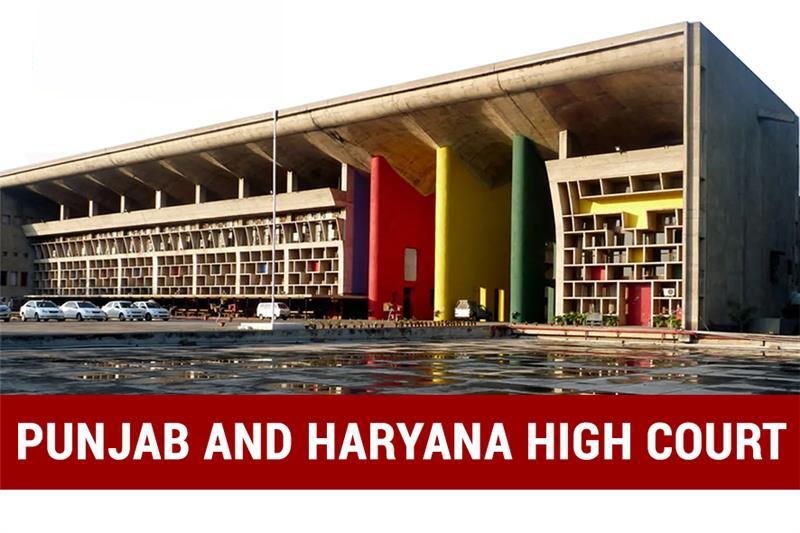Pranav Shukla
The Punjab and Haryana High Court recently highlighted the underuse of virtual court facilities by lawyers, pointing out that many were not taking advantage of the video conferencing (VC) option available for hearings. In response, the Punjab and Haryana Bar Association expressed concerns, advocating that the VC facility should be accessible to all lawyers, guaranteeing equal opportunity for those who prefer to attend hearings remotely instead of only allowing the procedure with prior intimation
Following the COVID-19 pandemic, Courts across India implemented virtual hearing systems to maintain the functioning of the judiciary while complying with health guidelines. These video conferencing facilities were introduced to reduce the need for physical court appearances, offering greater convenience to lawyers and litigants, particularly during the peak of the pandemic.
However, the recent remarks by the Punjab and Haryana High Court about lawyers not making use of these virtual hearing options indicate that there may be resistance or a lack of adoption of the system. This has raised concerns about the accessibility, effectiveness, and fuller utilization of virtual hearings, questioning whether the system is being fully utilized to benefit everyone involved in the judicial process.
The Bar argues that the virtual facility offers greater flexibility, particularly for lawyers who encounter logistical difficulties in attending Court in person. This is particularly important in situations where traveling to the Court is either time-consuming or costly, making virtual hearings a more efficient option.
However, the Court did not issue any immediate instructions but instead emphasized the importance of lawyers more broadly adopting the virtual facility. This suggests that, in the future, the lCourt may encourage or even require the use of video conferencing for hearings, unless there is a valid reason not to.
The concern raised by the Punjab and Haryana High Court regarding the underutilization of virtual court facilities underscores a significant challenge in the judiciary’s transition to digital technologies. While the Court has urged greater adoption of these facilities, the Punjab and Haryana Bar Association has stressed the importance of ensuring equal access to the system for all lawyers. As the legal community progresses in integrating technology into Court proceedings, this matter is likely to play a key role in shaping future policies and reforms related to virtual hearings.

